‘Divorced from reality’: HPE slams DOJ over bid to block Juniper deal, claims move will benefit Cisco
HPE says the regulator is wrong to focus on WLAN and cherry-picking data on a deal it should support
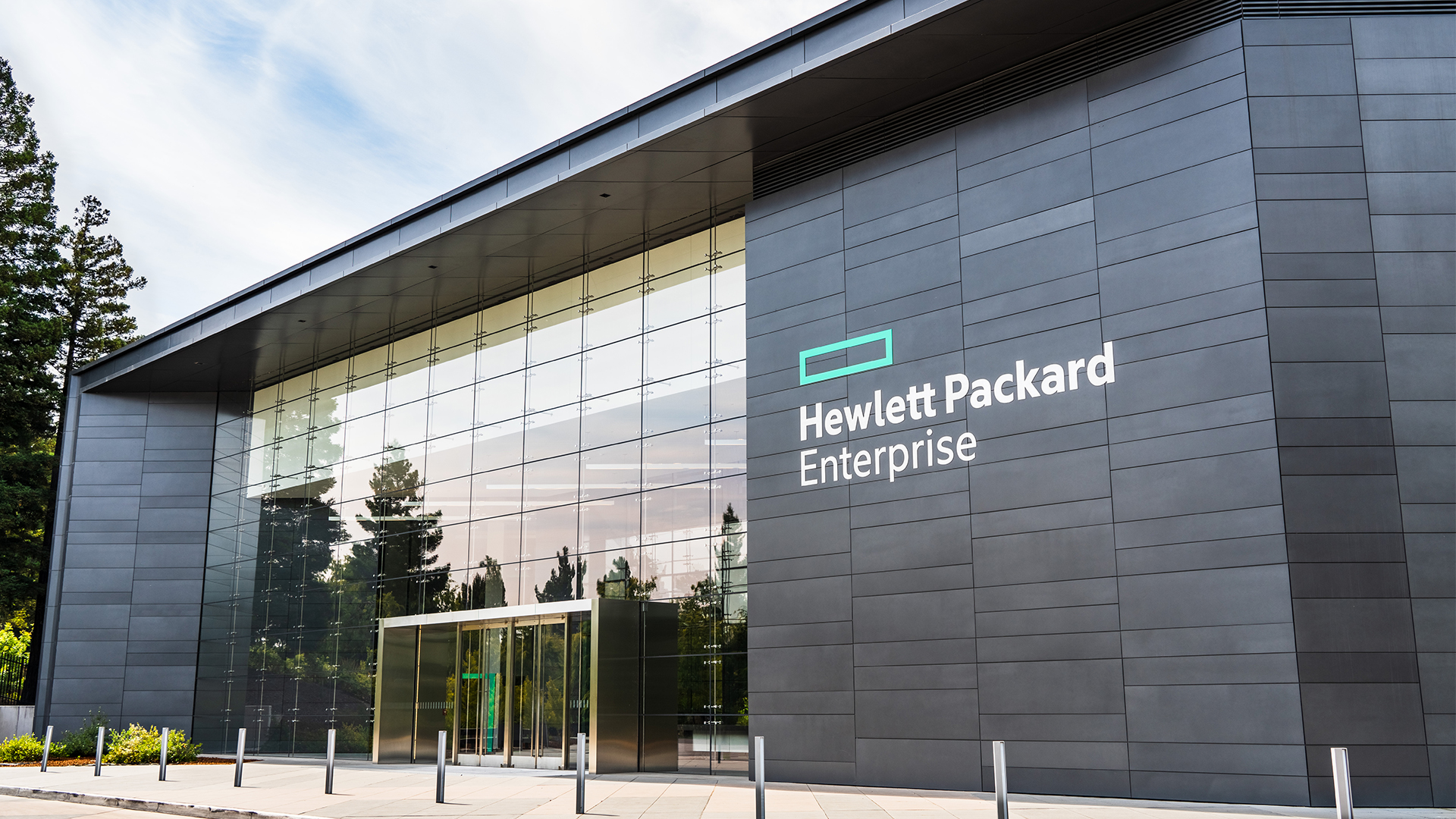

HPE has hit out at the US Department of Justice (DOJ) over its attempt to block the acquisition of Juniper Networks, suggesting the move is “divorced from reality” and will benefit competitors in the space.
HPE bid $14 billion for Juniper Networks in January 2024, with the deal seen as a play by the networking giant to take advantage of the AI boom. With an eye to market consolidation, European and UK regulators examined the deal, but the acquisition was approved in August.
Despite gaining clearance in European markets, the DOJ lodged a legal challenge to block the acquisition, specifically highlighting the WLAN supply market and arguing that cutting competition will harm innovation.
The legal challenge claimed that by cutting three major players to two - these being HPE, Juniper, and Cisco - the deal will limit options for customers and ultimately lead to higher prices.
At the time, HPE and Juniper released statements disputing the DoJ claims, suggesting the WLAN market was more robust than the lawsuit argued.
Now, in a document filed in response to the DoJ lawsuit, HPE said its tie up with Juniper would give customers a "credible alternative to Cisco", the networking giant that dominates the sector.
Beyond Cisco, HPE points out that Chinese networking giant Huawei is considered a security risk by the US government, so it's in need of other options for infrastructure to resist the use of Chinese technology globally.
Get the ITPro daily newsletter
Sign up today and you will receive a free copy of our Future Focus 2025 report - the leading guidance on AI, cybersecurity and other IT challenges as per 700+ senior executives
The filing says the suit from the DoJ will "will hobble competition with Huawei — which has been repeatedly identified as a national security risk by the U.S. government — and thus damage the US’ stated aim of reducing the use of Chinese technology in critical infrastructure globally."
Why WLAN?
The HPE filing noted that HPE and Juniper are two of ten companies that battle it out in the WLAN space, saying the DOJ description of HPE's dominance in the space is "divorced from reality".
“This is a deal that enhances competition and creates a real challenger to Cisco's dominance,” HPE added.
Indeed, it accuses the original complaint of cherry picking data by describing HPE, Juniper, and Cisco as having 70% share of that market. However, HPE said the DOJ is "conspicuously silent" about the respective market shares, as Cisco holds more than half of the WLAN market and has done so for more than a decade.
HPE added that the regulator is mistaken in its focus on WLAN, explaining that the real motivation behind the acquisition of Juniper is combining its data center routing tools with HPE's storage and compute.
RELATED WHITEPAPER
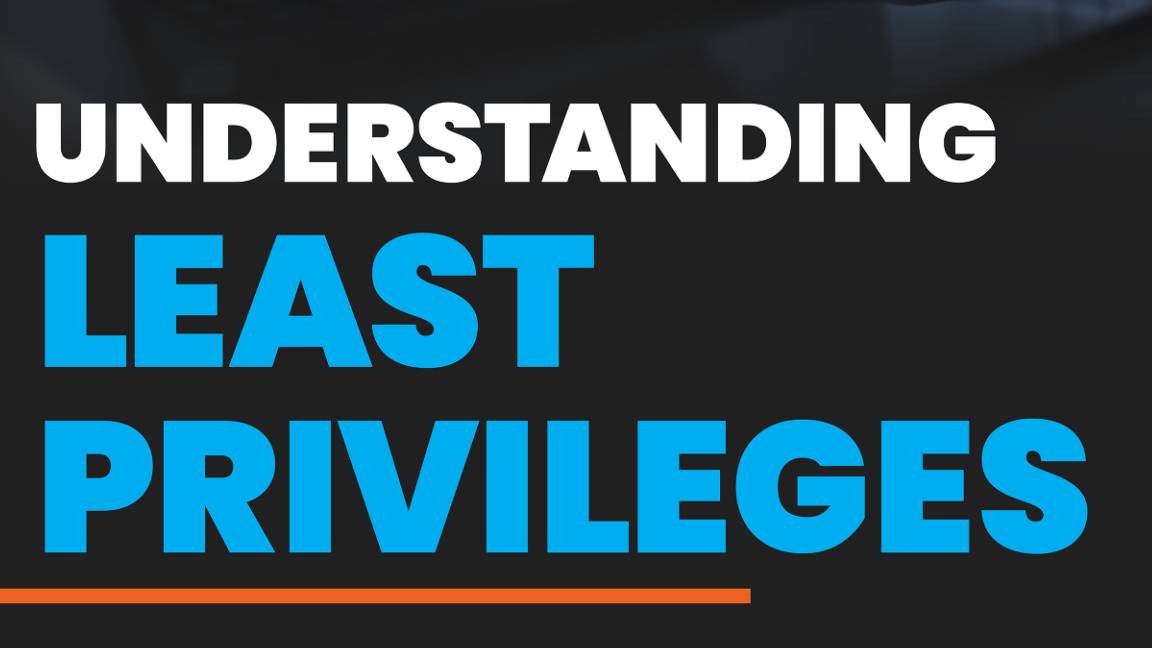
"While WLAN is a component of the overall transaction, it is misleading to suggest that HPE is spending roughly $14 billion to acquire Juniper for the purpose of insulating itself from WLAN competition in the United States, particularly when the WLAN solutions that are the focus of the Complaint comprise only 11% of Juniper’s revenue," the filing noted.
"There are simpler — and significantly cheaper — alternatives for HPE to acquire a single digit market share in the United States in WLAN if that was its primary goal."
In its own defense, HPE's filing quoted a LinkedIn post by industry analyst Shamus McGillicuddy of Enterprise Management Associates.
"The DOJ complaint ignores all other aspects of this deal, including data center switching, routing, firewalls, SD-WAN, network automation. It doesn’t even mention Junos, which execs from both companies call ‘the crown jewel’ of Juniper. The press release calls Juniper a ‘wireless LAN vendor.’ Hilarious."
MORE FROM ITPRO
- Juniper Networks unveils revamped partner program
- “Our cloud works”: Juniper Networks exec fires shots at Cisco’s networking architecture
- HPE bid for Juniper Networks sets it up for battle with Cisco
Freelance journalist Nicole Kobie first started writing for ITPro in 2007, with bylines in New Scientist, Wired, PC Pro and many more.
Nicole the author of a book about the history of technology, The Long History of the Future.
-
 Bigger salaries, more burnout: Is the CISO role in crisis?
Bigger salaries, more burnout: Is the CISO role in crisis?In-depth CISOs are more stressed than ever before – but why is this and what can be done?
By Kate O'Flaherty Published
-
 Cheap cyber crime kits can be bought on the dark web for less than $25
Cheap cyber crime kits can be bought on the dark web for less than $25News Research from NordVPN shows phishing kits are now widely available on the dark web and via messaging apps like Telegram, and are often selling for less than $25.
By Emma Woollacott Published
-
 HPE eyes enterprise data sovereignty gains with Aruba Networking Central expansion
HPE eyes enterprise data sovereignty gains with Aruba Networking Central expansionNews HPE has announced a sweeping expansion of its Aruba Networking Central platform, offering users a raft of new features focused on driving security and data sovereignty.
By Ross Kelly Published
-
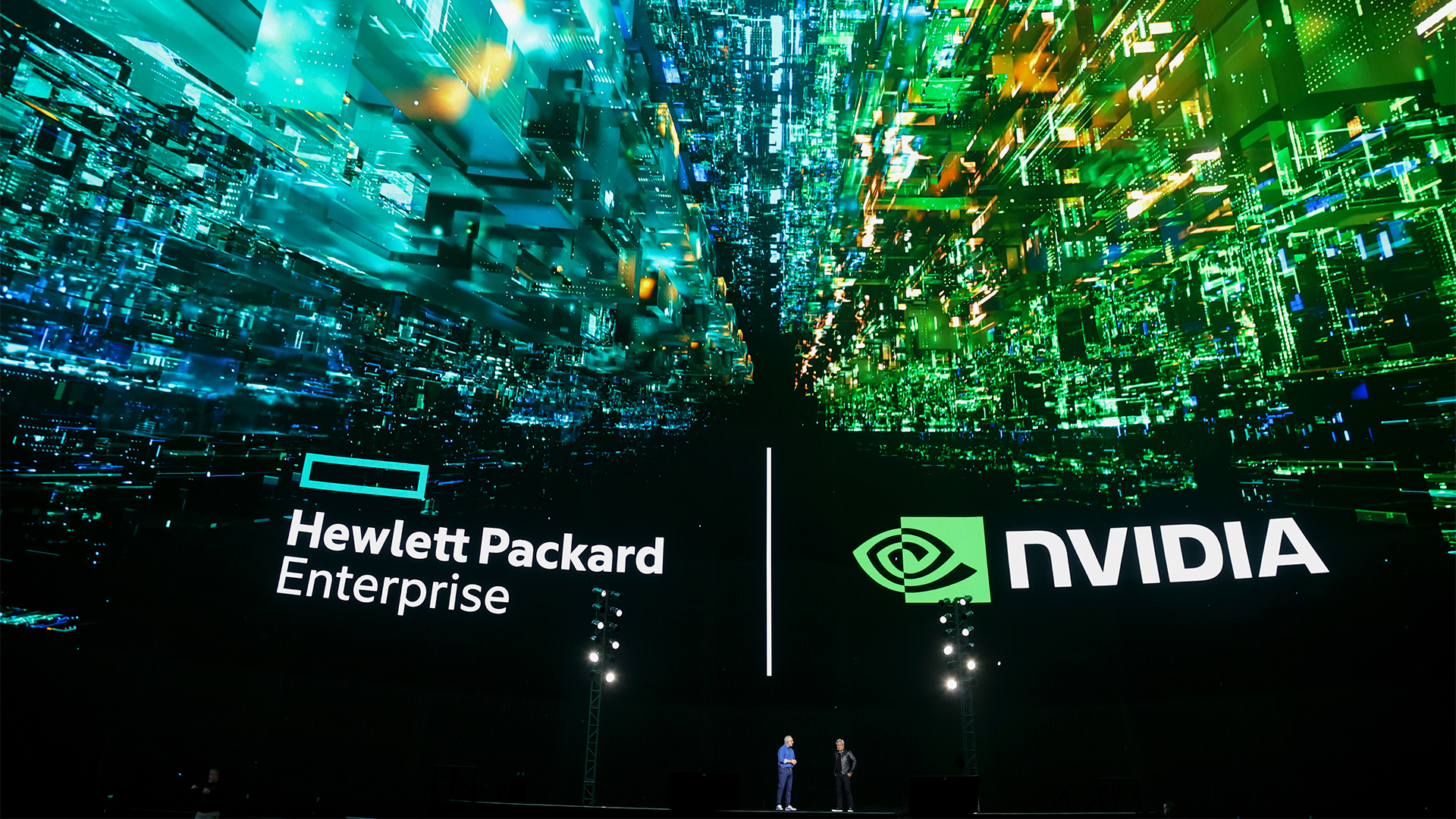 HPE unveils Mod Pod AI ‘data center-in-a-box’ at Nvidia GTC
HPE unveils Mod Pod AI ‘data center-in-a-box’ at Nvidia GTCNews Water-cooled containers will improve access to HPC and AI hardware, the company claimed
By Jane McCallion Published
-
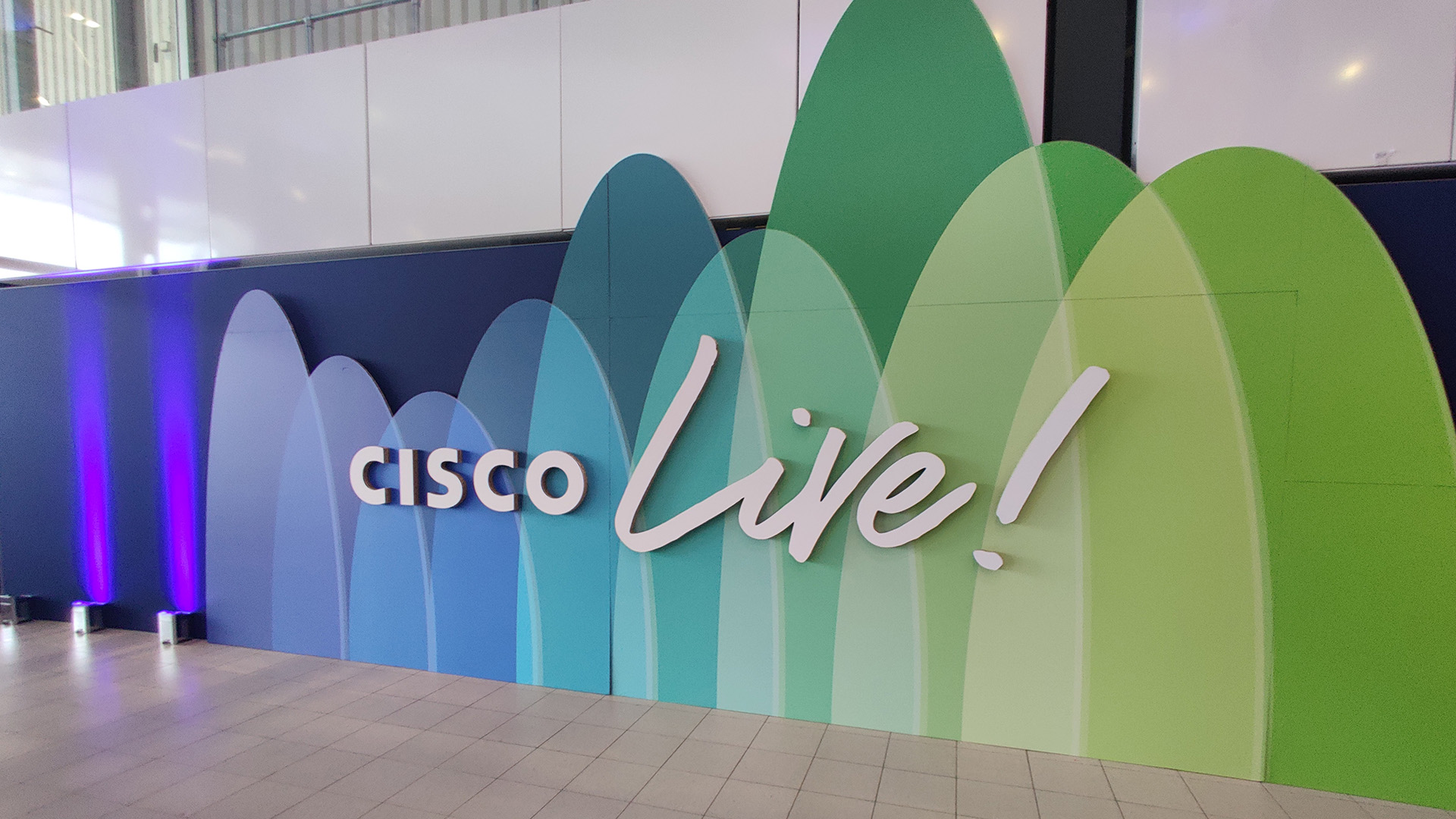 Cisco polishes its platform but the network is still king
Cisco polishes its platform but the network is still kingAnalysis Cisco still believes its integrated platform will drive new value for customers, but its historic strength in networking is where it will have the edge in the AI era
By Solomon Klappholz Published
-
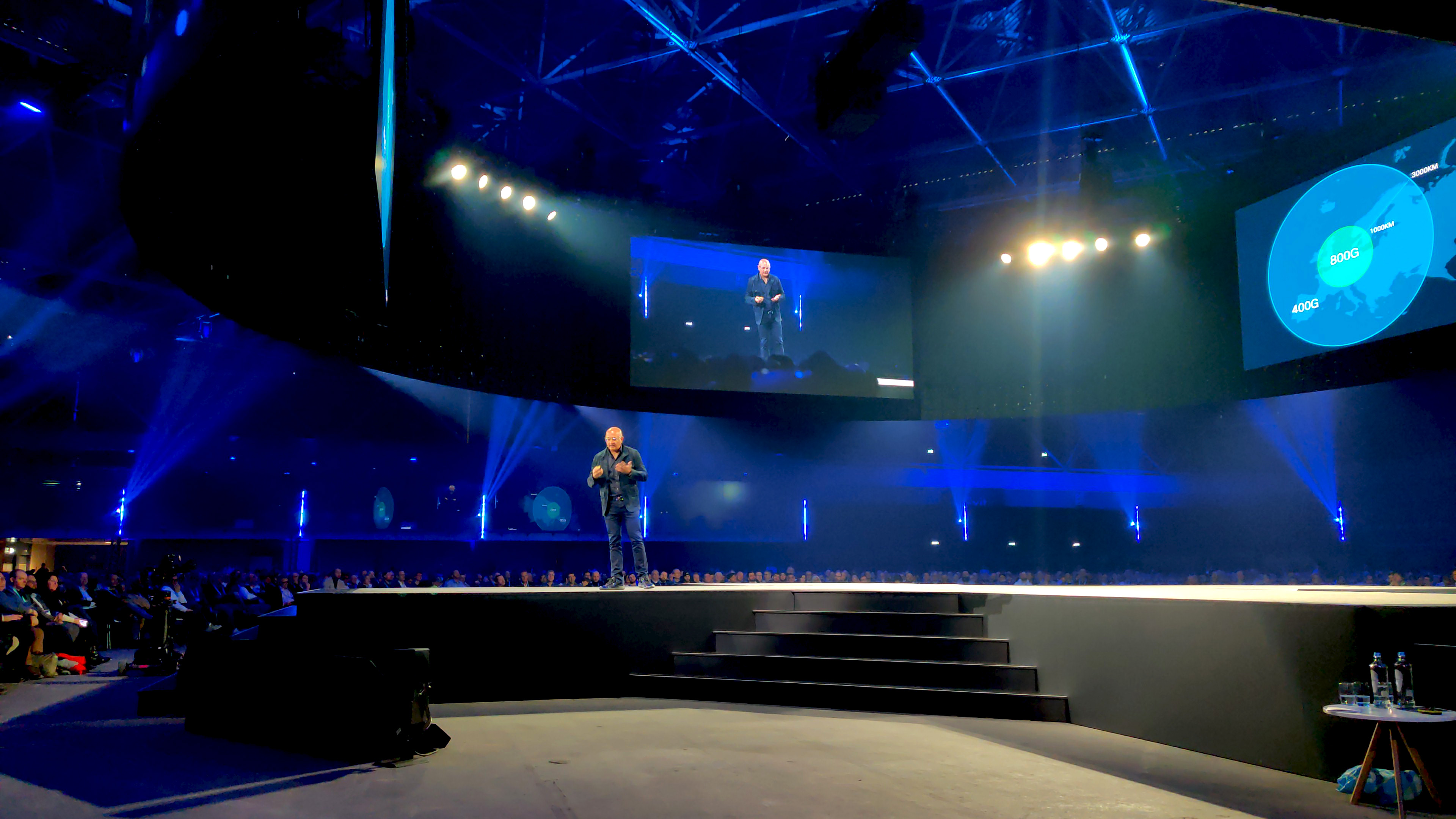 Cisco wants to capitalize on the ‘DeepSeek effect’
Cisco wants to capitalize on the ‘DeepSeek effect’News DeepSeek has had a seismic impact, and Cisco thinks it has strengths to help businesses transition to AI-native infrastructure
By Solomon Klappholz Published
-
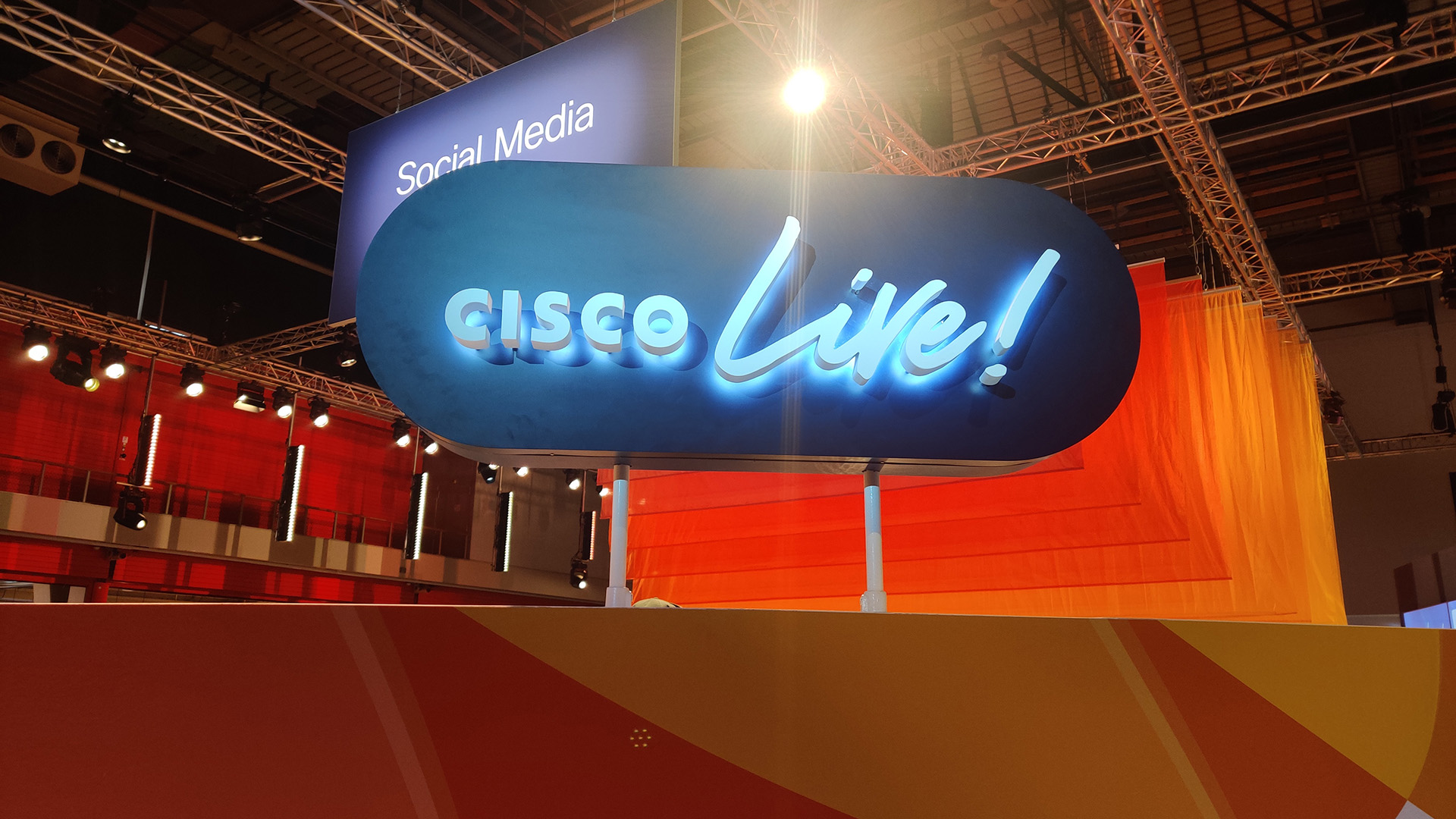 Cisco Live EMEA 2025: All the news and updates as they happen
Cisco Live EMEA 2025: All the news and updates as they happenLive Blog Stay up to date with the latest information live from Amsterdam at Cisco’s annual EMEA conference
By Solomon Klappholz Last updated
-
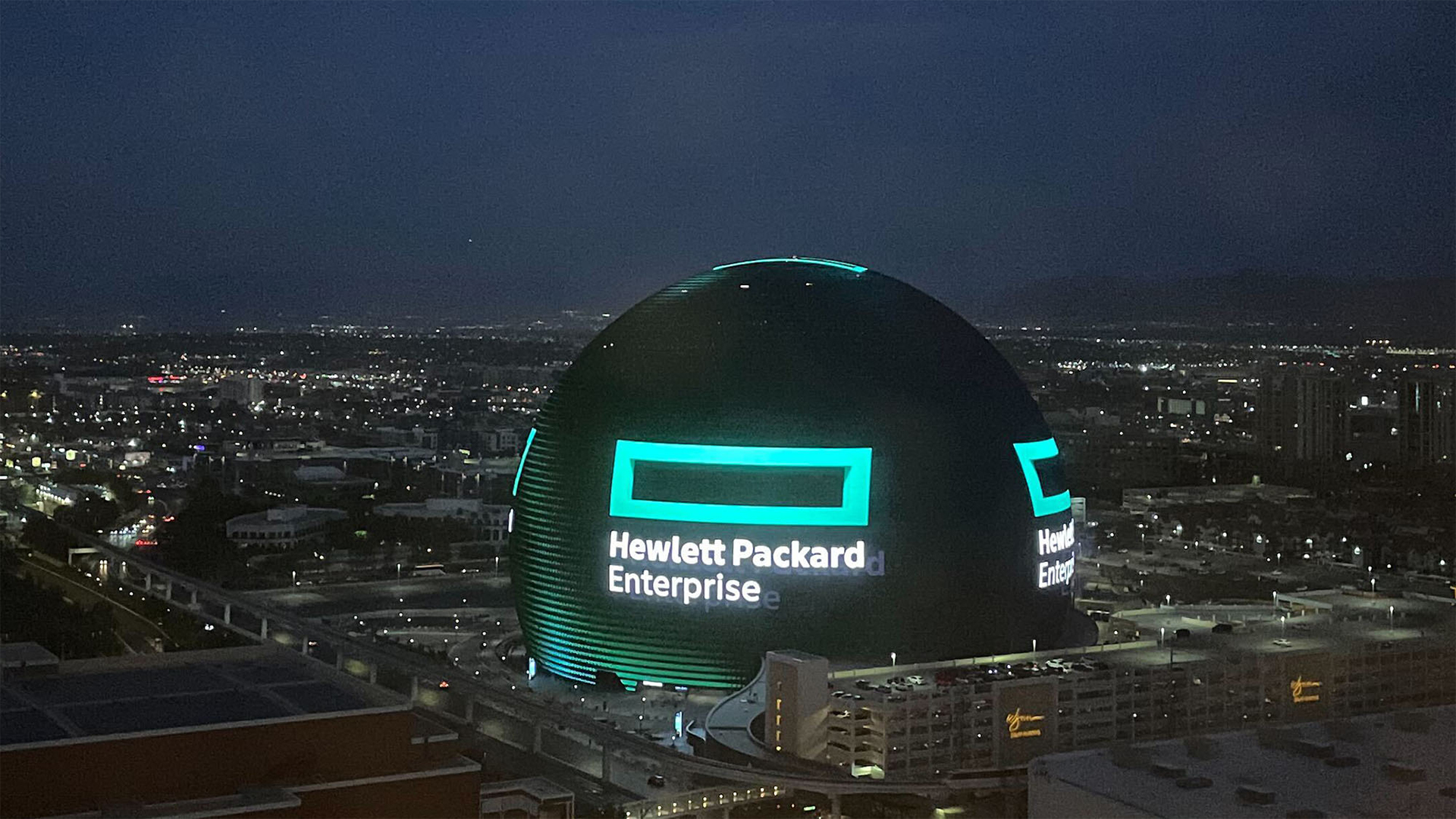 HPE plans to "vigorously defend" Juniper Networks deal as DoJ files suit to block acquisition
HPE plans to "vigorously defend" Juniper Networks deal as DoJ files suit to block acquisitionNews The US Department of Justice (DoJ) has filed a suit against HPE over its proposed acquisition of Juniper Networks, citing competition concerns.
By Nicole Kobie Published
-
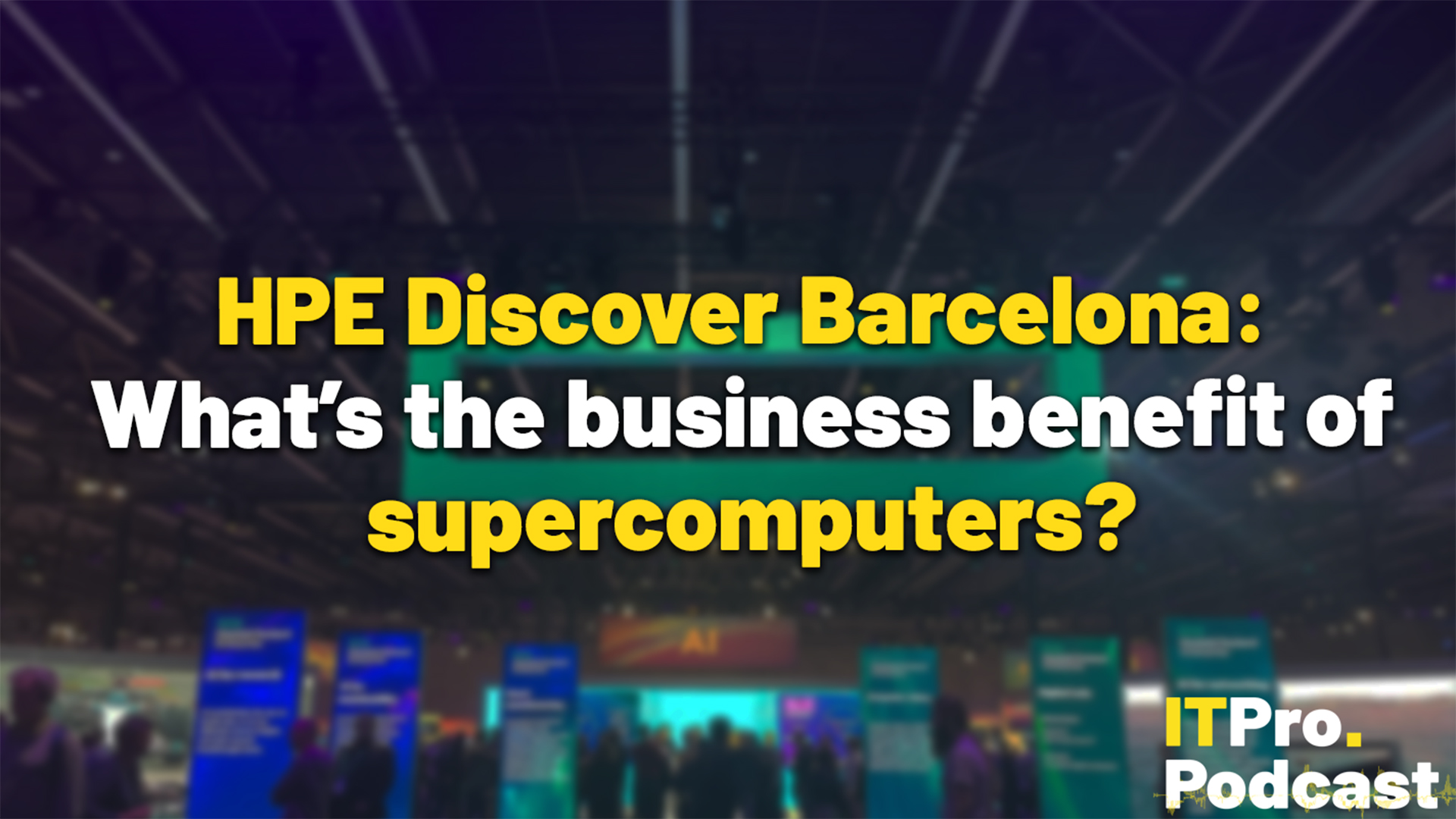 HPE Discover Barcelona: What’s the business benefit of supercomputers?
HPE Discover Barcelona: What’s the business benefit of supercomputers?ITPro Podcast With potential in fields such as AI to scientific modelling, global interest in supercomputers continues to rise
By Jane McCallion Published
-
 El Capitan powers up, becomes fastest supercomputer in the world
El Capitan powers up, becomes fastest supercomputer in the worldNews Earth’s newest supercomputer is fast, efficient, and its use cases are rather different
By Jane McCallion Published